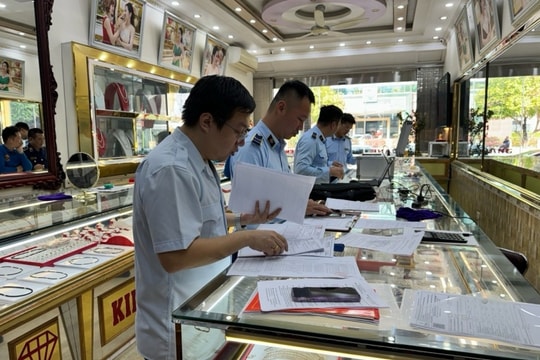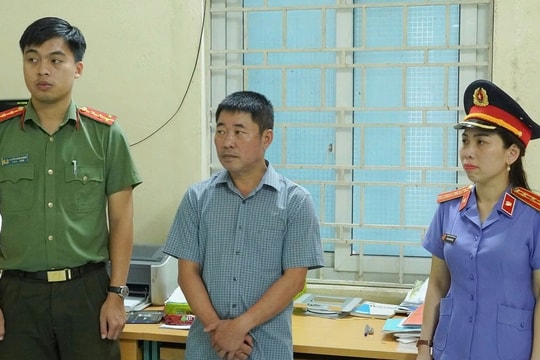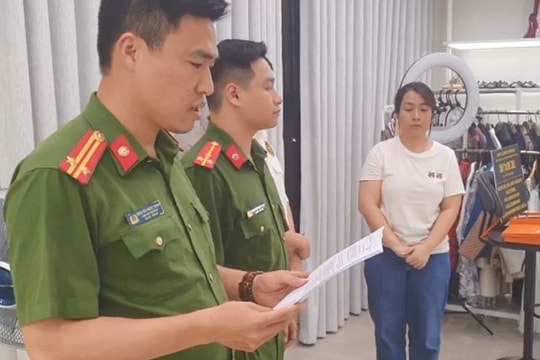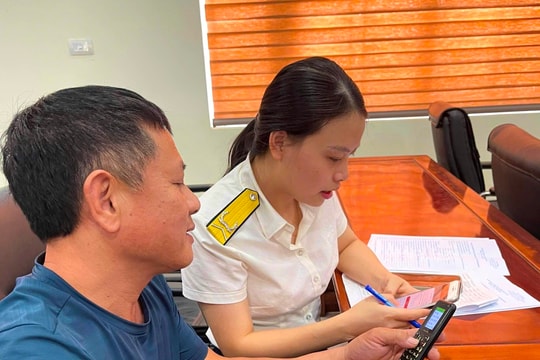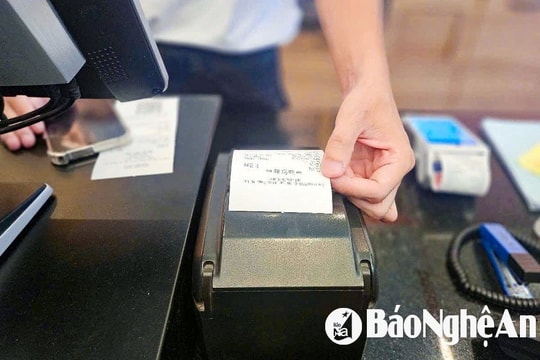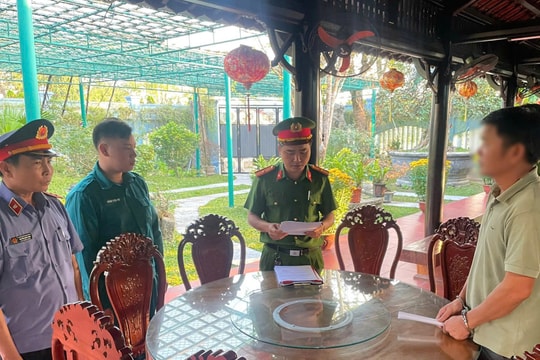How did journalists cooperate to expose the "Panama Papers"?
The latest investigation by more than 370 journalists from the International Consortium of Investigative Journalists (ICIJ), from more than 100 media organizations in more than 80 countries on the tax evasion scandal “Panama Papers” has yielded astonishing results: 11.5 million records and 2.6 terabytes of data on tax evasion records.
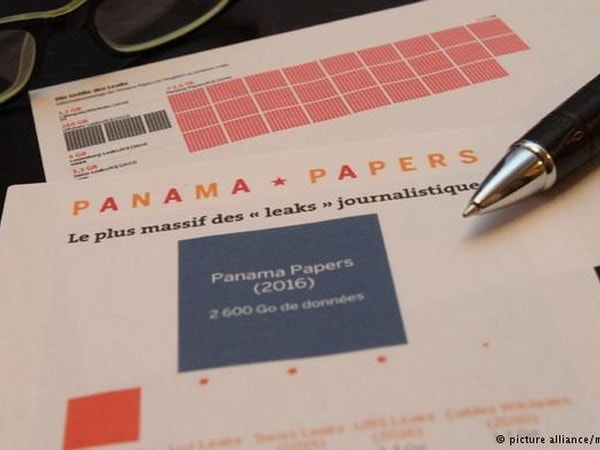 |
| The “Panama Papers” tax evasion scandal has yielded astonishing results. (Source: commondreams.org) |
This is the largest collaboration yet by members of ICIJ, a nonprofit network based in Washington DC.
So how did so many journalists from so many places unite for this investigation? Mike Hudson, a senior editor at ICIJ, shared the elements that made up the organization’s latest success.
Shareability
Hudson said the news organizations and journalists involved must be willing to work together. The journalists who investigated the Panama Papers shared sources, audio and video interviews when they consulted. They also understood that having more than 100 news organizations reporting at the same time does not mean each one has a smaller audience.
“I think posting the news together created [...] a storm of attention,” Hudson said.
Patience and teamwork
Hudson spent six months pursuing the investigation, but other journalists took up to a year to uncover the story. “It all depends on the journalists involved having a penchant for teamwork and patience—qualities not often associated with journalism,” Hudson said.
Both qualities are even more important when all parties agree to publish at the same time. The benefit, Hudson says, is that they avoid being outdone by their competitors.
Panoramic vision
When the data that later became the Panama Papers were leaked to the German newspaper Süddeutsche Zeitung, the newspaper's representatives came forward to offer to cooperate with the ICIJ investigation.
“They understand they can do big things with that material. But the story becomes more important and more interesting if they work with other partners,” Hudson said.
A place to gather
Working together helps journalists gather more information, but how exactly do they collaborate? Journalists investigating the Panama Papers worked together on encrypted, password-protected collaborative forums, “like a Facebook app for journalists.” They shared information with each other both online and in person.
Voluntary sharing of sources
ICIJ has been working on projects for a long time, seamlessly. But the most amazing thing is that for-profit news organizations have agreed to share their sources for this long-term investigation.
Do things together
“We don’t see ourselves as the boss of others. We try to collaborate and make sure everyone is working together and everyone knows what everyone else is doing,” Hudson said.
The journalists worked in small teams within larger groups and they dissected a wide range of investigative topics.
The survey results showed two things: the power of the Internet and the power of journalists working together./.
According to Vietnamplus

